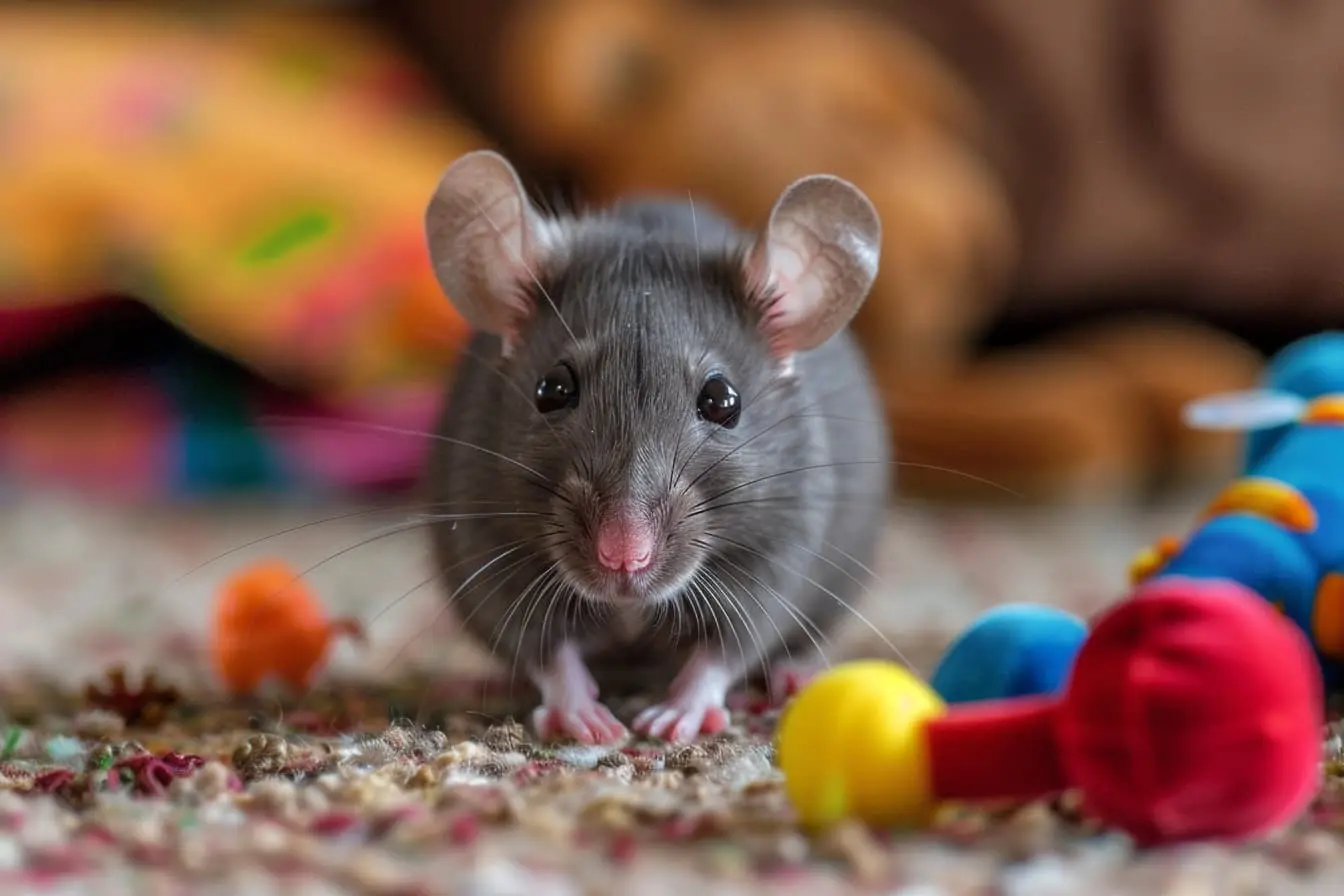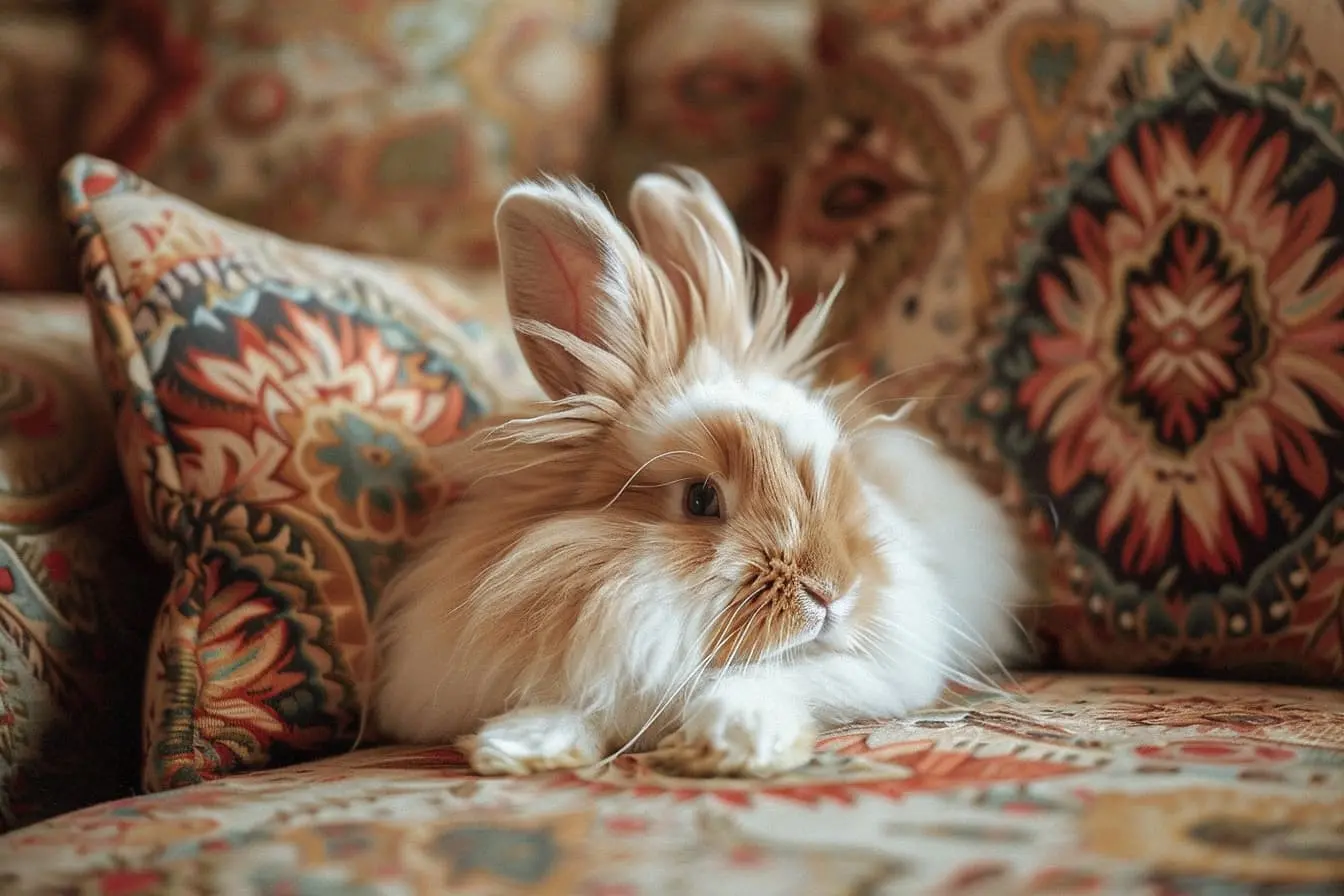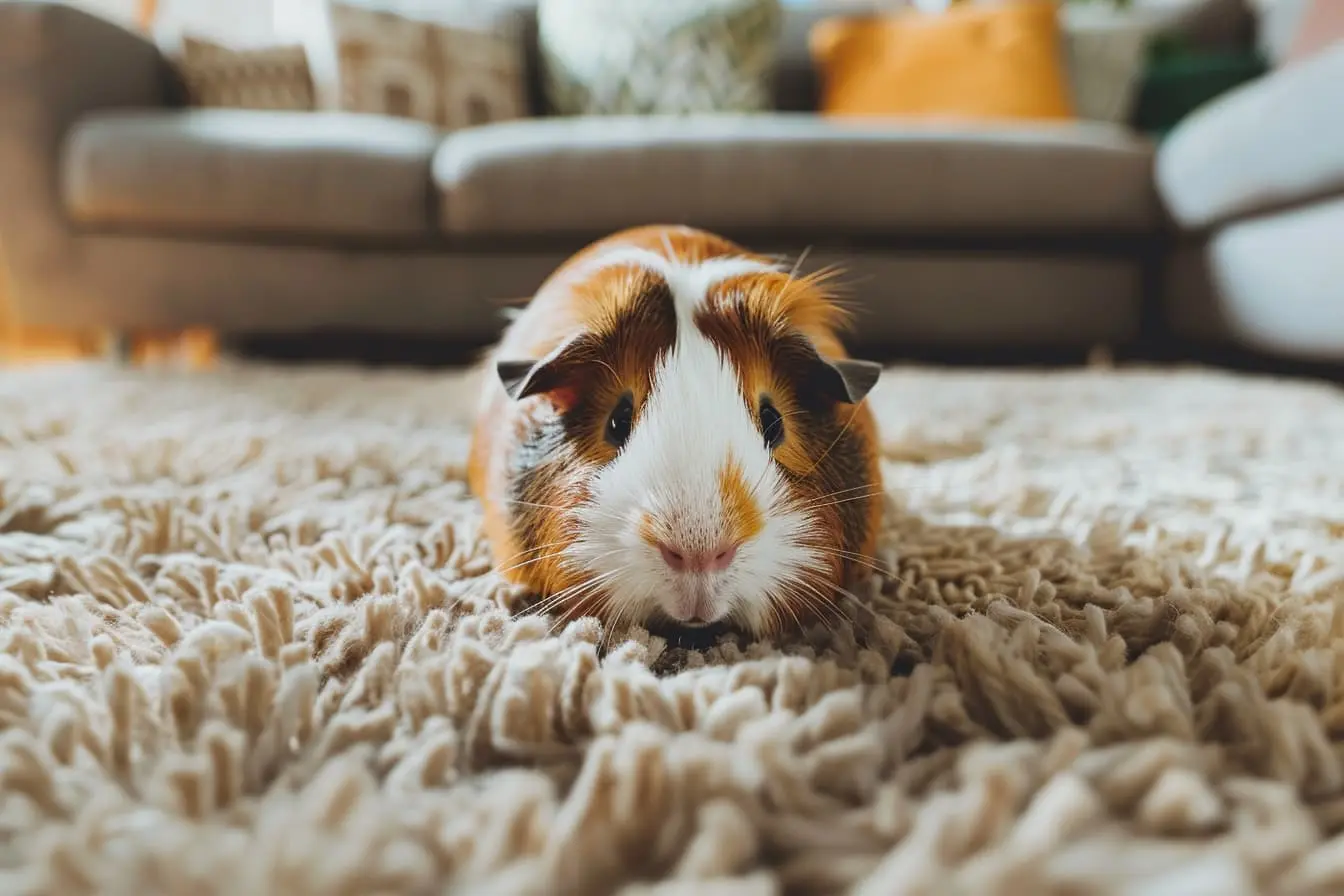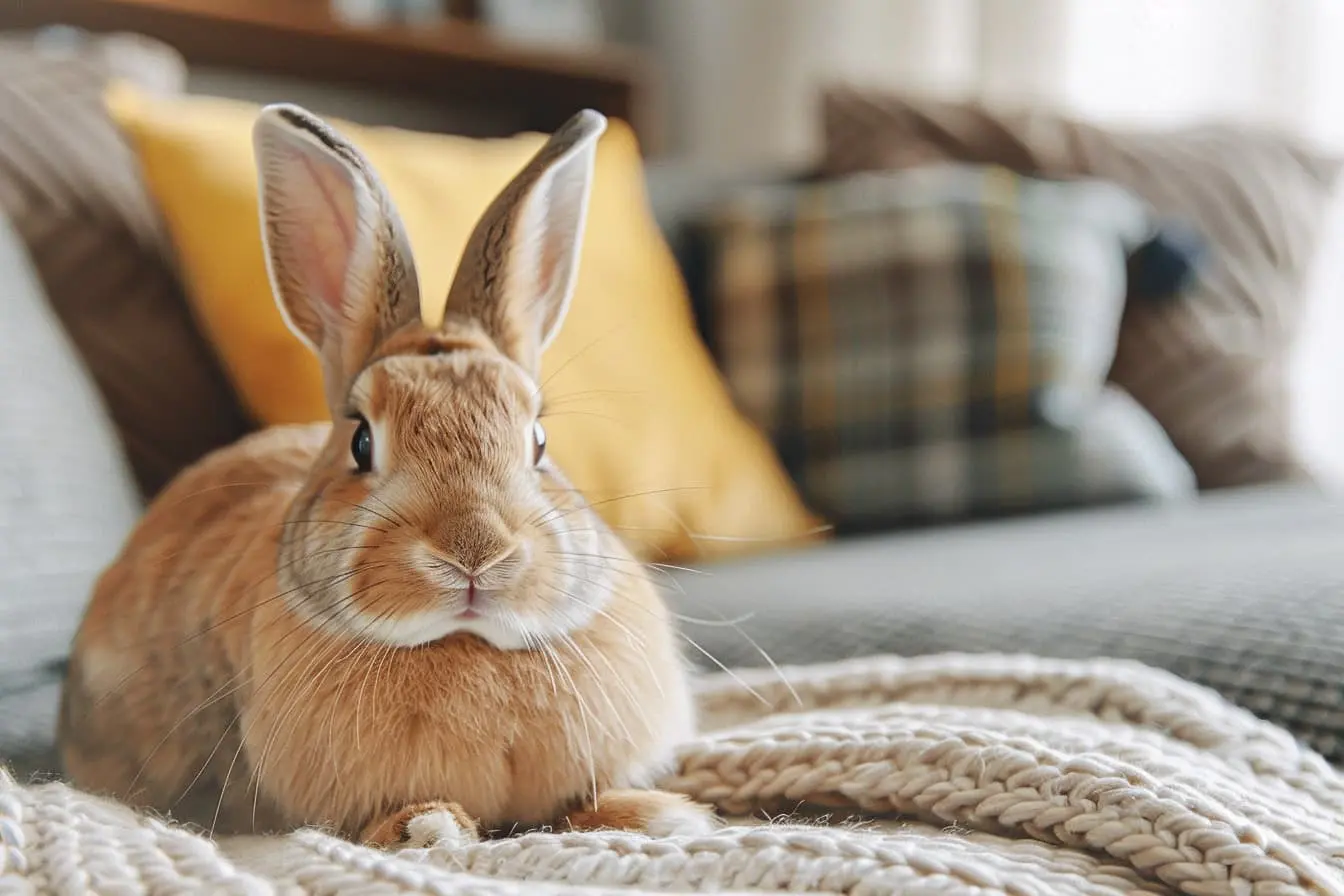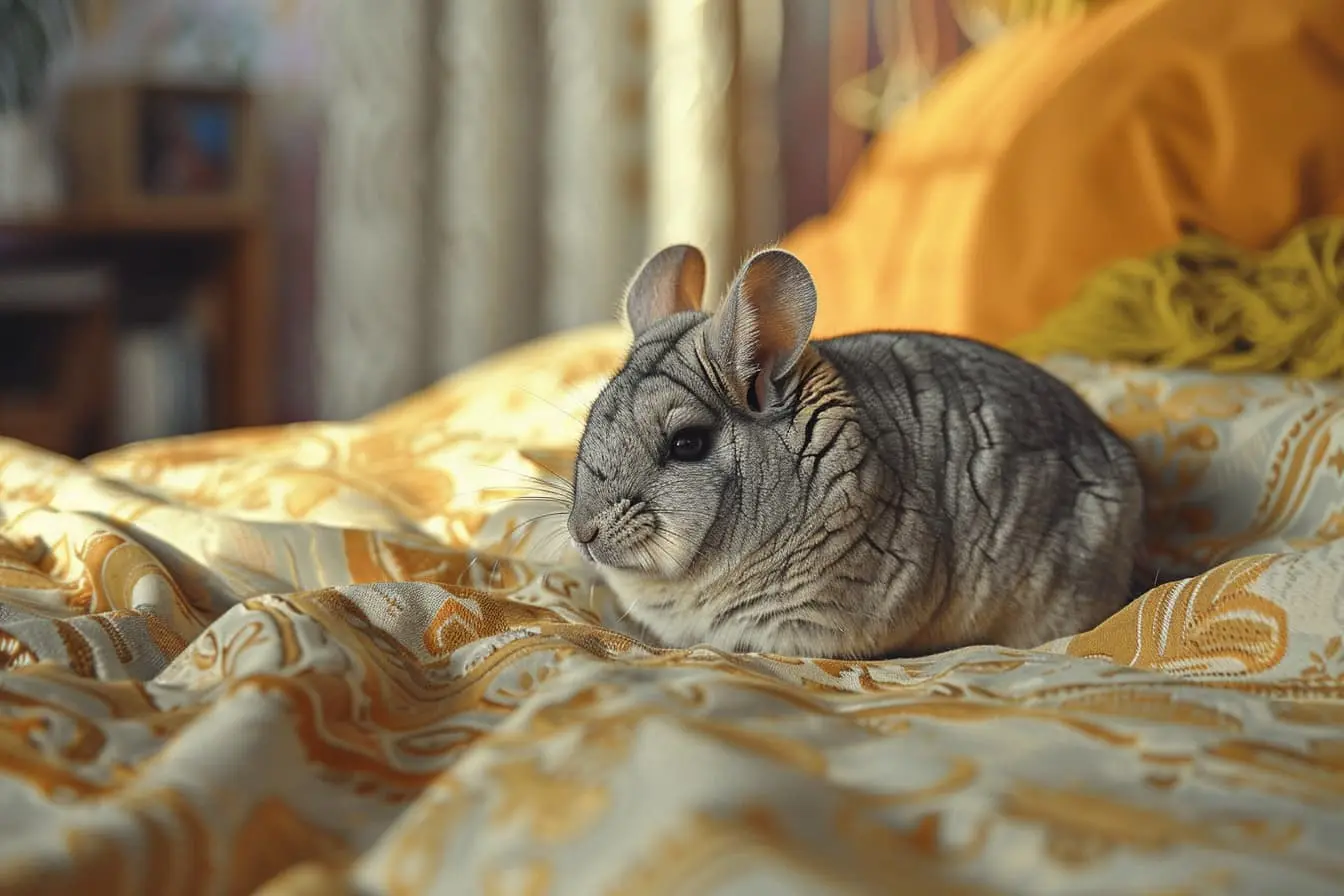
The Top 25 Chinchilla Care Questions Answered by UK Vets
Chinchillas are exotic pets known for their soft fur and playful personalities. Chinchilla owners often have many questions about how to best care for these unique animals. From diet to housing and everything in between, here are the top 25 questions UK vets are commonly asked about chinchilla care, along with detailed answers to help you provide the best life for your furry friend.
Diet and Nutrition
1. What should I feed my chinchilla? A high-quality, chinchilla-specific pellet should make up the majority of their diet, supplemented with hay for fibre.
2. Can chinchillas eat fruits and vegetables? Yes, but only in small amounts as treats due to their high sugar content. Preferred options include carrots, kale, and apples.
3. How often should I feed my chinchilla? Provide a constant supply of hay and fresh water, with pellets given in measured amounts once or twice a day.
Health Care
4. How often should my chinchilla see a vet? Annual check-ups are recommended, or immediately if you notice any signs of illness.
5. Do chinchillas need vaccinations? No, chinchillas do not require vaccinations, but regular health checks are important.
6. What are common health problems in chinchillas? Dental issues, gastrointestinal stasis, and respiratory infections are among the most common concerns.
Housing and Environment
7. What type of cage is best for a chinchilla? A large, multi-level cage with plenty of space for exercise, made from solid material to prevent foot injuries.
8. How often should I clean my chinchilla's cage? Perform a full clean weekly, with spot cleaning as necessary to maintain a clean and healthy environment.
9. Can chinchillas tolerate heat? No, chinchillas can suffer from heatstroke in temperatures above 25°C. Ensure their living area is well-ventilated and cool.
Behaviour and Socialisation
10. Are chinchillas good pets for children? Chinchillas can be great pets for older children who understand the need for gentle handling and patience during socialisation.
11. Do chinchillas like to be held? Chinchillas can enjoy gentle handling once they trust their owner, but they generally do not like to be cuddled or restrained.
12. Can chinchillas live with other pets? Care should be taken when introducing chinchillas to other pets, as they can be easily injured by larger animals.
Grooming and Handling
13. How do I groom my chinchilla? Provide a dust bath 2-3 times a week for your chinchilla to roll in, as this is essential for coat health. Brushing is rarely needed.
14. Can I bathe my chinchilla in water? No, water can harm their fur and skin. Always use chinchilla-specific dust for their baths.
Nutritional Health Issues
15. Can chinchillas become overweight? Yes, if fed too many treats or pellets. Monitor their diet closely and ensure they have plenty of exercise.
General Care
16. How long do chinchillas live? With proper care, chinchillas can live 10 to 20 years in captivity.
17. Can chinchillas be litter trained? Chinchillas can learn to use a litter tray in their cage, especially for urination.
18. What should I do if my chinchilla escapes? Secure the area to make it safe and use treats to gently coax them back to their cage.
19. How can I enrich my chinchilla's environment? Provide chew toys, hiding places, and climbing structures to stimulate their natural behaviours.
20. Do chinchillas make noise? Yes, chinchillas can make a variety of sounds, including barks and chirps, to communicate.
21. What are signs of stress in chinchillas? Aggression, excessive grooming, or changes in eating habits can indicate stress or discomfort.
22. Can I take my chinchilla outside? Outdoor excursions should be avoided due to temperature control issues and the risk of escape.
23. How do I know if my chinchilla is happy? A happy chinchilla is active, eats regularly, and shows curiosity about their surroundings.
24. Are chinchillas nocturnal? Chinchillas are crepuscular, meaning they are most active at dawn and dusk.
25. How can I tell the sex of my chinchilla? Males and females can be difficult to distinguish without experience; consult a vet or a breeder for help in sexing your chinchilla.
By understanding and addressing these common questions, you can ensure your chinchilla enjoys a fulfilling and healthy life as a cherished companion.
Vets near you
Speciality vets
- Aquatics vet specialists
- Birds vet specialists
- Camelids vet specialists
- Cats vet specialists
- Cattle vet specialists
- Deer vet specialists
- Dogs vet specialists
- Equines vet specialists
- Exotic vet specialists
- Goats vet specialists
- Pigs vet specialists
- Poultry vet specialists
- Sheep vet specialists
- Small Mammals vet specialists
- Wild vet specialists
Vet facilities
- Accessible by public transport
- Blood testing
- Car park nearby
- Client car park
- Dentistry
- Diagnostic imaging
- Disabled public access
- Flea and worm treatments
- Microchipping
- Mobile services
- Neutering
- Open at weekends
- Out-of-hours service
- Referral interests
- Referrals only
- Street parking outside
- Toilets available
- Vaccinations
